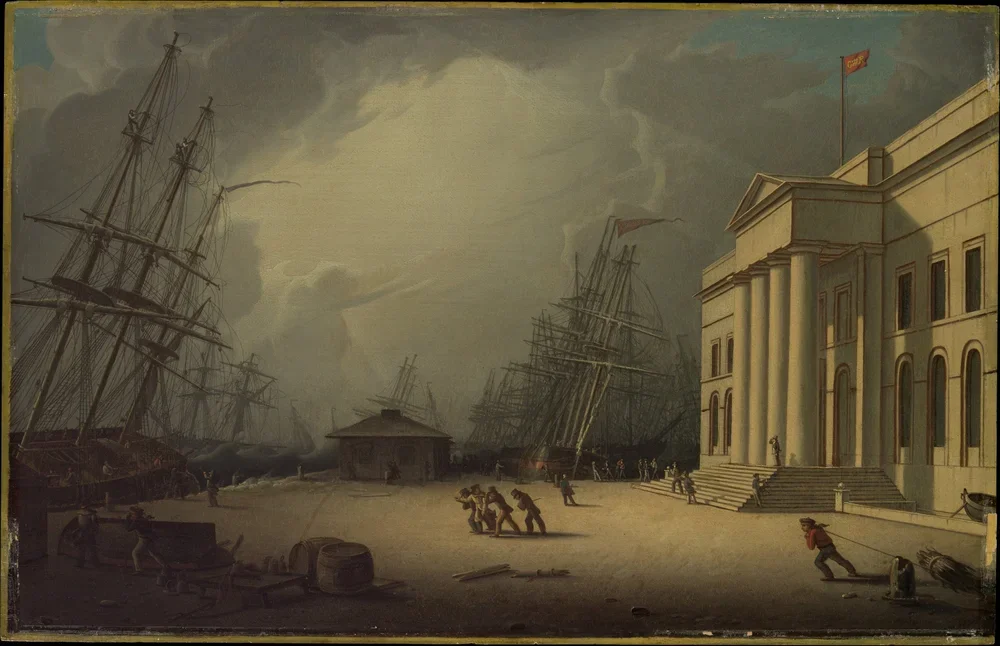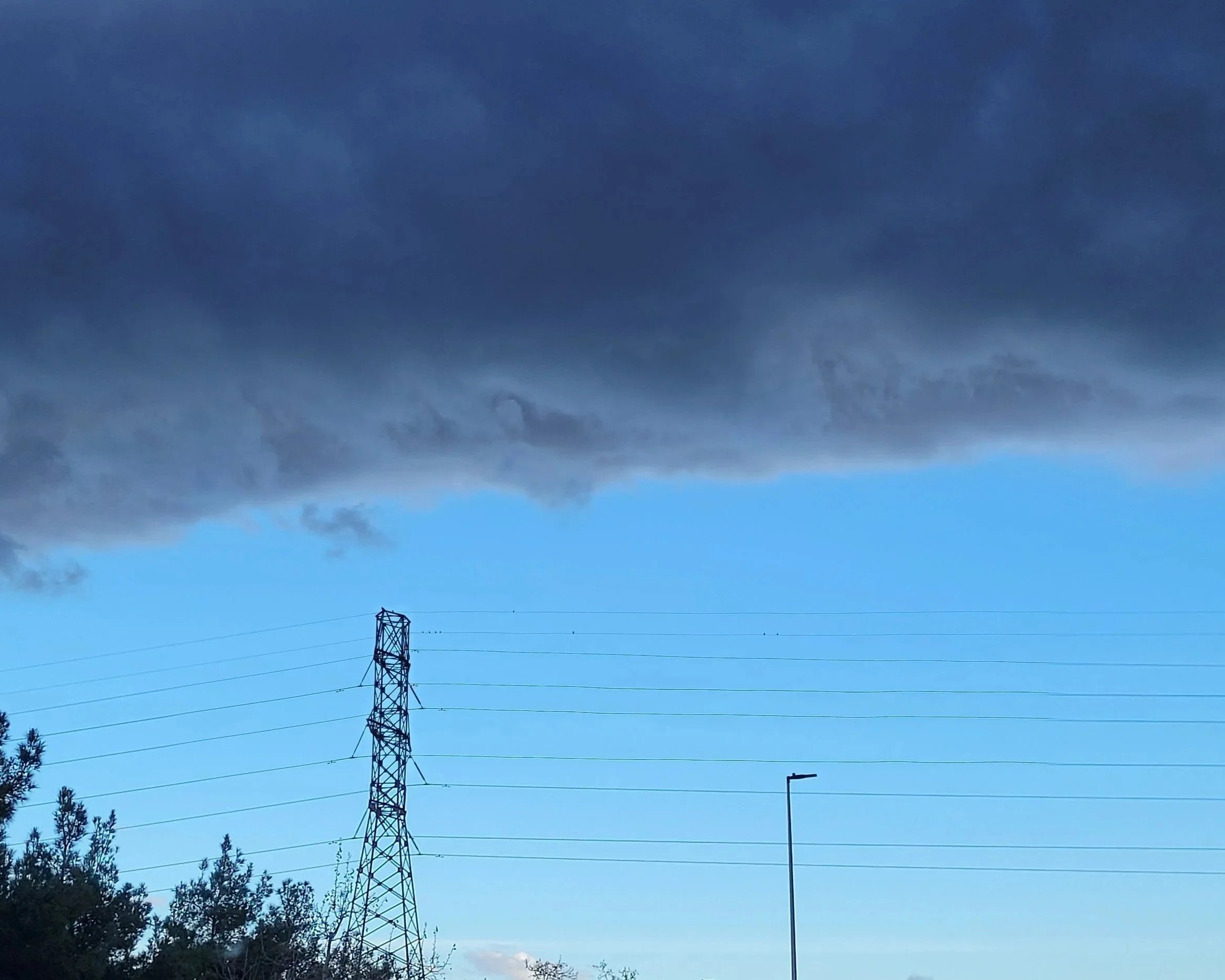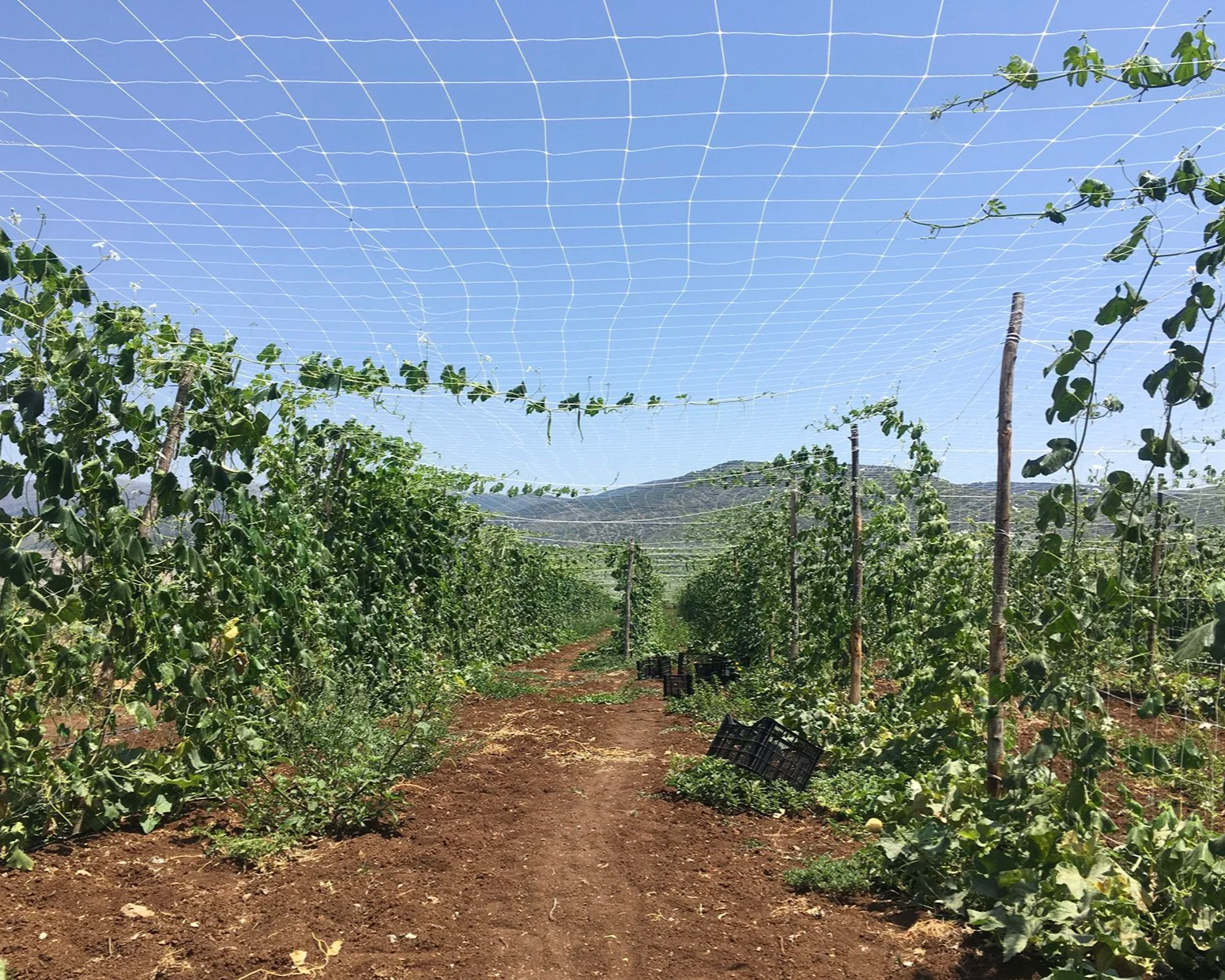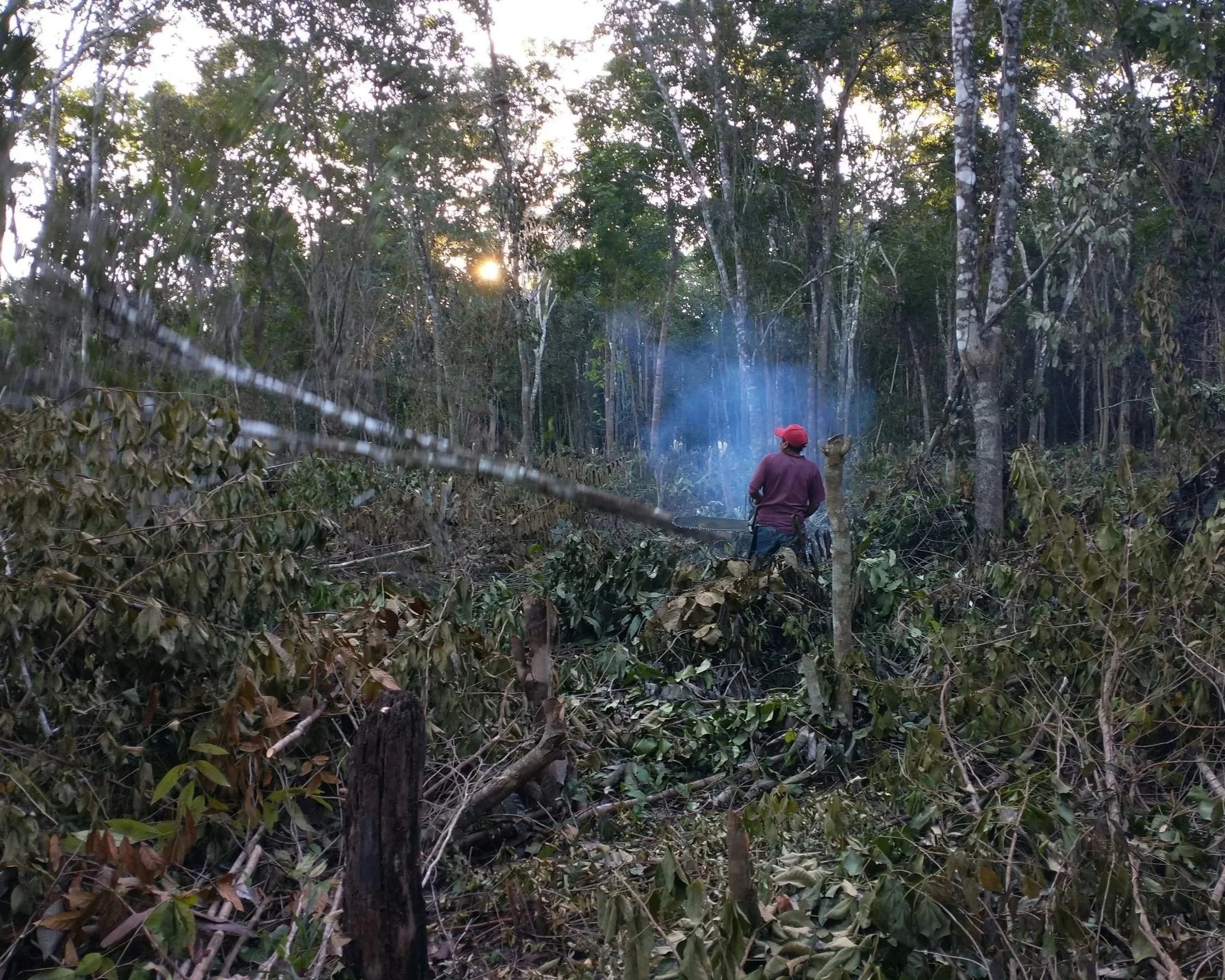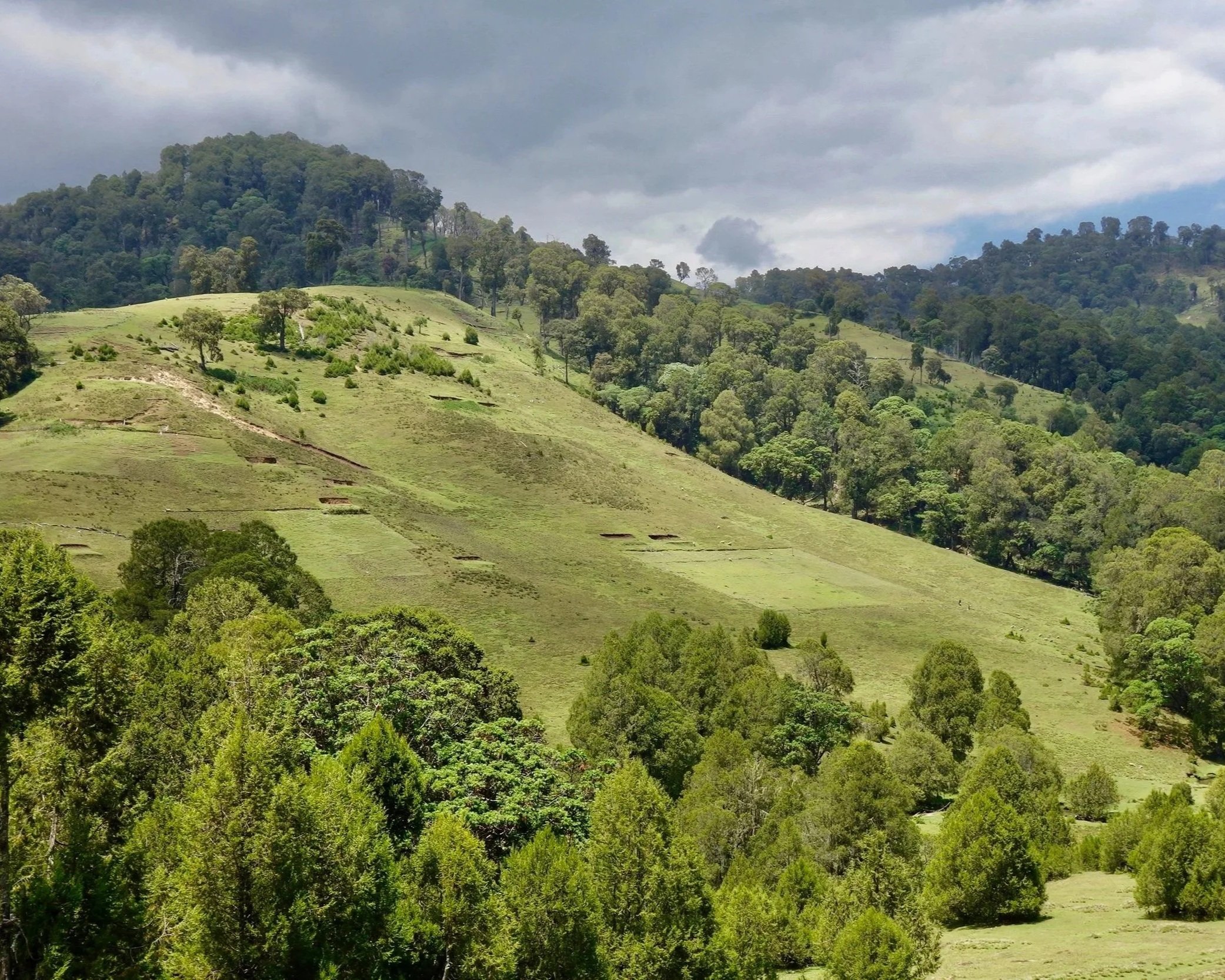FALL SERIES 2025
Unruly Ecologies: Reconfiguring Climate Knowledge through Refusal, Resistance, and (Dis)Rupture
Efforts to claim, know, and govern environments and climates are integral to projects of domination, past and present. Yet these are always incomplete processes, or “nervous landscapes” stalled in cycles of revision by the defiant and the unruly (King 2019, 98). From movements for indigenous sovereignty and anti-colonial place-making, to relational epistemologies that animate a “world in which many worlds fit” (Zapatista Army of National Liberation), to elastic ecologies that defy calculation and control, this issue of Weather Matters explores moments of unruliness that resist hegemonic discourses of environment and climate and chart alternative possibilities for knowing and caring for our eco-worlds.
Read the full CFP here.
Resistant More-than-Human Co-Habitations in Italy’s Deshi Sobji Farms
| By Elisa T. Bertuzzo
Mutual Aid as Climate Adaptation: Reconfiguring Knowledge and Power through Community-based Research
| By Manasa Bollempalli et al
The Unruly Ecologies of Embobut: Everyday Resistance and Emergent Landscapes in Kenya’s Conservation Forests
| By Samuel Lunn-Rockliffe and David K. Kay

